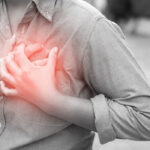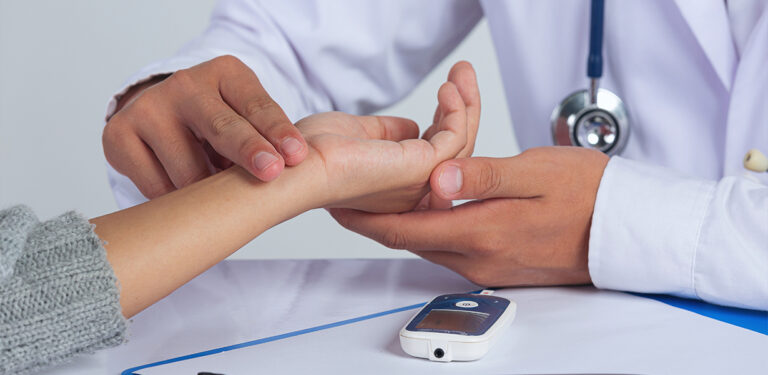Sudden cardiac arrest (SCA) is a critical medical emergency where the heart abruptly stops functioning. In the realm of medicine, arrhythmia refers to disorganized impulse generation in the heart’s natural electrical pathways. The causes of SCA can vary widely, encompassing genetic abnormalities, structural changes in the heart due to various factors, infections, and even extreme physical activity. Dr. Udgeath Dhir, Director and Head of Cardio Thoracic Vascular Surgery at Fortis Memorial Research Institute in Gurugram, sheds light on this life-threatening condition, highlighting its causes, predisposing factors, symptoms, and preventive measures.
Several predisposing heart conditions contribute to SCA, including coronary artery blockages, prior heart attacks, congenital heart surgery, electrical issues, and cardiomyopathy. Individuals with a family history of SCA, diabetes, a history of smoking and alcohol or recreational drug abuse, high blood pressure, nutritional imbalances, obesity with obstructive sleep apnea, and hypertrophic cardiomyopathy face an elevated risk of sudden cardiac arrest. It is crucial to recognize the diverse risk factors associated with SCA to implement effective preventive measures.
Symptoms of SCA can be subtle or absent in more than 50% of cases, making screening and risk assessment crucial for early detection and intervention. Recognizable symptoms may include a racing heartbeat, chest pain, shortness of breath, vomiting, and dizziness. Prevention strategies involve a customized approach, ranging from lifestyle modifications to nutritional adjustments. Comprehensive screenings, including basic electrocardiograms (ECGs), specific blood tests, and advanced studies such as catheterization and electrophysiology, are vital for high-risk individuals.
Sudden cardiac death is distinct from a heart attack or myocardial infarction. A heart attack results from a sudden disruption of blood supply to the heart, and it can lead to sudden cardiac death. Understanding these nuances is essential for accurate diagnosis and tailored treatment plans.
In the context of the prolonged COVID-19 era, viral infections have been implicated in affecting both the structural and electrical aspects of the heart muscle. COVID-19 increases the risk of clot formation in veins and arteries, particularly in individuals with underlying comorbidities. Consequently, the risk of sudden cardiac arrest is heightened in COVID-affected individuals.
Balancing physical activity is crucial in preventing SCA. While exercise is generally beneficial, excessive and strenuous activity can pose risks. Dr. Dhir emphasizes a basic rule of exercising five times a week for no more than 45 minutes, adhering to heart rate guidelines. Screening before engaging in strenuous exercise is advised, ensuring proper guidance and preventive measures to avert potential catastrophes.
The mantra “Use heart for every heart” resonates as a reminder to cherish and care for our hearts. Dr. Dhir advocates for listening to the rhythm, beats, and needs of our hearts. Adequate rest, regular medical follow-ups, and monitoring our hearts’ health are essential steps in maintaining cardiac well-being.
In conclusion, Sudden Cardiac Arrest is a serious condition with multifaceted causes and risk factors. Awareness, early screening, and lifestyle modifications play pivotal roles in preventing and managing this life-threatening emergency. By understanding the intricacies of SCA and heeding medical advice, individuals can take proactive steps towards heart health and overall well-being.




